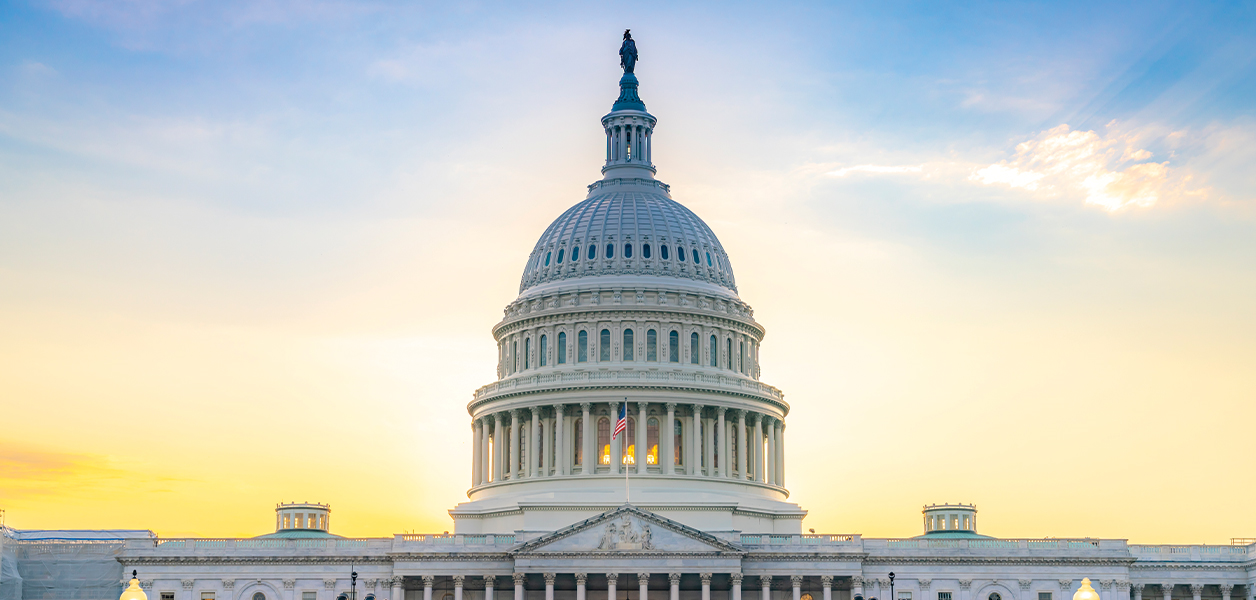Treasury Department issues interim final rule to remove reporting requirement for domestic companies under Corporate Transparency Act
On March 26, in a huge win for NRCA members and small businesses throughout the U.S., the Treasury Department announced formal publication of the Financial Crimes Enforcement Network interim final rule that removes the requirement for U.S. companies and individuals to report beneficial ownership information under the Corporate Transparency Act and narrows the scope of the rule to foreign reporting companies. The interim final rule takes effect immediately. The action follows the Department of the Treasury’s March 2, 2025, announcement suspending enforcement of the Corporate Transparency Act. NRCA joined with nearly 100 business allies praising this decision.
H-2B visa cap reached for second half of fiscal year 2025; supplemental visas now available
On March 26, U.S. Citizenship and Immigration Services announced the statutory cap for the H-2B seasonal visa program for the second half of fiscal year 2025 (which begins April 1) has been met based on applications filed by businesses in need of H-2B workers to supplement their workforce. This triggers the availability of supplemental visas under a temporary final rule published in late 2024. The second half supplemental allocation contains visas available to returning workers who received a visa or were otherwise granted H-2B status during one of the previous three fiscal years and an additional amount reserved for nationals from designated countries. View more information about the availability of supplemental H-2B visas.
Trump administration terminates parole program
On March 25, the Department of Homeland Security terminated temporary parole status for foreign nationals from Cuba, Haiti, Nicaragua and Venezuela established by the Biden administration in 2023. The parole program was designed to address migration and security issues at the U.S. southern border by offering individuals from these troubled countries a legal pathway to the U.S. for two years with the possibility of extension. Applicants must obtain a financial sponsor and pass health and background checks to become eligible for work authorization. In its termination notice, DHS indicates the program failed to sufficiently reduce unlawful migration; strained housing, education and other public resources; and is inconsistent with President Trump’s Executive Order Securing Our Borders issued Jan. 20.
According to the Federal Register notice, the status of individuals in this program “whose parole has not already expired by April 24, 2025, will terminate on that date unless the Secretary makes an individual determination to the contrary.” Litigation challenging the termination of this program has been filed in federal court, but it is unclear when a decision will be made.
Senators introduce legislation to expedite collective bargaining contracts
A bipartisan group of senators led by Josh Hawley (R-Mo.) and Cory Booker (D-N.J.) recently introduced the Faster Labor Contracts Act (S. 844), legislation that would dramatically modify federal labor law with respect to collective bargaining. This new bill would require employers and unions to finalize initial contracts within 120 days or face mandatory arbitration, under which government-appointed arbitrators would set the terms and conditions for the first labor contract. Based on member input, NRCA is concerned this legislation would violate rights of employers and employees; effectively nullify the “voluntary agreement” principle critical to current federal labor law; dramatically expand the authority of the federal government in private markets; and may even be unconstitutional. Given these serious concerns, NRCA joined with allied associations in sending a letter opposing the legislation to all senators.
Potential reciprocal tariffs on the horizon, effective as early as April 2
As a reminder, Reciprocal Trade and Tariffs reports are due in April in concert with reports required under the administration’s America First Trade Policy released Jan. 20, which directed agencies to prepare reports regarding various trade issues by April 1. We anticipate additional tariff announcements may occur around this time.
During this dynamic period of uncertainty, companies should take proactive steps to advance and protect their interests. For example, businesses should understand imports they rely on and their countries of origin; assess a range of potential effects on key suppliers and materials; and monitor the administration’s process for opportunities to provide analysis and data to inform the development of trade policy and potential alternatives.
Federal agencies issue technical assistance regarding DEI-related discrimination
On March 19, the Equal Employment Opportunity Commission and the Department of Justice issued two technical assistance documents focused on educating the public about potential unlawful discrimination related to “diversity, equity, and inclusion” in the workplace. In a press release, the agencies note DEI is a broad term not defined in Title VII of the Civil Rights Act of 1964, which prohibits employment discrimination based on protected characteristics such as race and sex. The agencies further note “DEI initiatives, policies, programs, or practices may be unlawful” in certain circumstances under Title VII. View the technical assistance documents on the EEOC website here and here.





